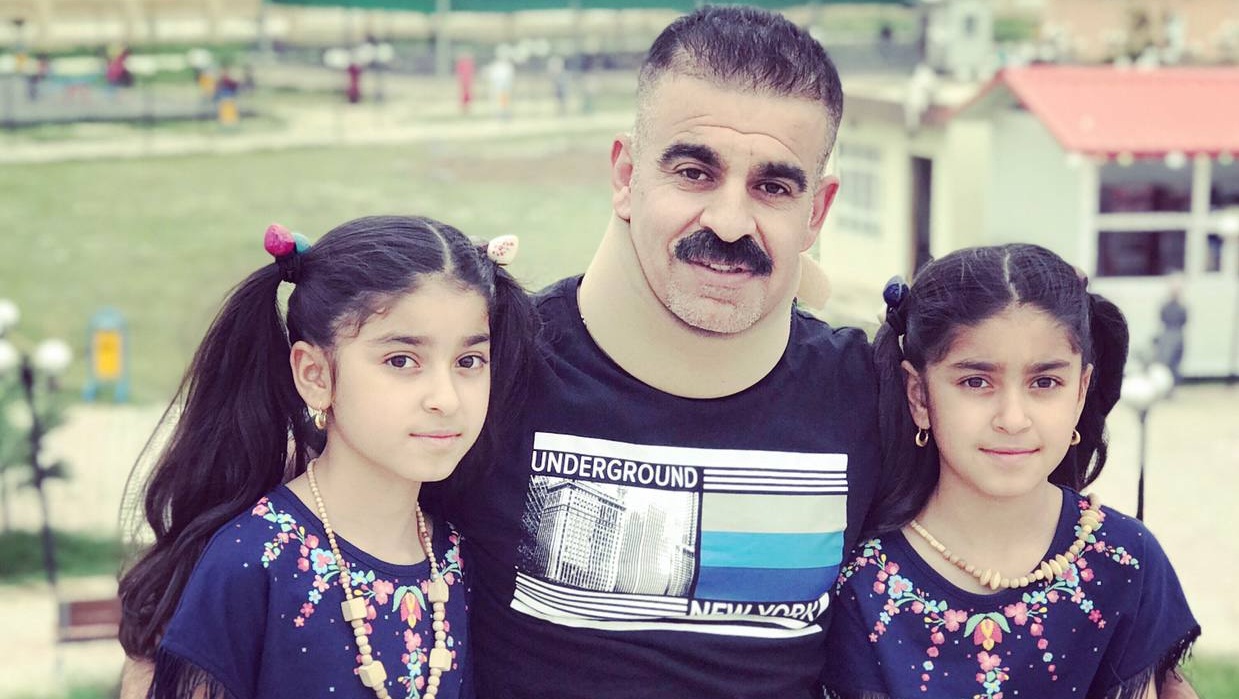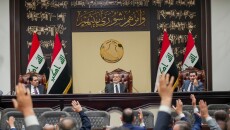Twin sisters excelled in the ministerial exams for the sixth preparatory grade in Daquq district, Kirkuk province. They indicated that they studied together for 14 hours a day and dedicated their success to their parents.
Lana and Ronia, daughters of journalist Mohammed Almas who works as a correspondent for KirkukNow, completed the sixth scientific grade. Lana achieved a score of 99% and Ronia a score of 96%. They say their parents provided them with support, and they thanked the teaching staff.
The girls, who studied in a public school, told KirkukNow that they studied some subjects together and at other times studied separately in their rooms.
Lana says, "We were among the top students in all educational stages. In the fourth and fifth scientific grades, we were exempted from taking the final exams."
Ronia and Lana have three other sisters. The eldest graduated from the radiology and Ultrasound department, the second is a fourth-year student in the pharmacy college, and the youngest is an elementary school student.
Ronia and Lana resemble each other so much that their father said, "I can hardly tell them apart."
"My father plays the role of both a father and a brother at the same time, and our mother is the pillar of this success. We must make them proud of us," Ronia says.

The system of education in Iraq consists of a two-year kindergarten, a six-year compulsory primary stage, and a six-year secondary stage that is further divided into lower and upper secondary levels. The country is currently grappling with challenges such as insufficient funding, deteriorating infrastructure, and a scarcity of qualified teachers.
However, Iraq is actively implementing reforms, including a national Education Sector Strategy (2022-2031) that is being supported by the World Bank. These reforms aim to enhance access to education and improve its quality throughout the country.
The northern oil-rich city of Kirkuk, located 238 kilometers north of Baghdad, is an ethnically mixed province with 1.7 million residents, including Kurds, Sunni and Shiite Arabs, and Turkmen. It has long been at the center of disputed territories between Baghdad and Erbil.






